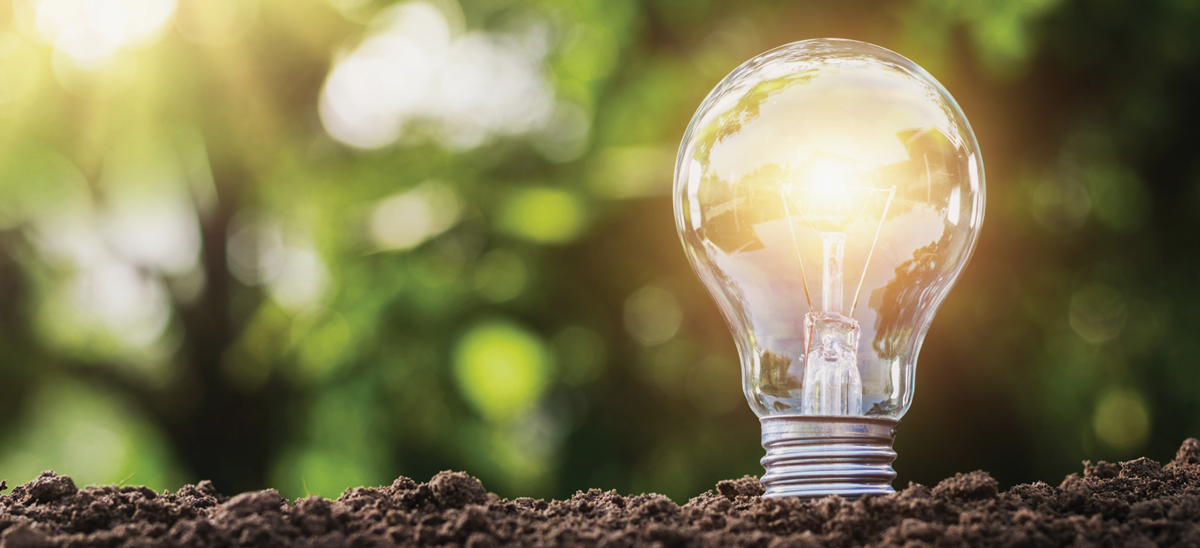Tuesday, 20 July 2021
Waste minimisation projects given a $60,000 boost
Nine projects designed to reduce waste across the district will receive funding from QLDC.

Nine projects designed to reduce waste across the district will receive funding from Queenstown Lakes District Council (QLDC).
The projects were chosen for the Waste Minimisation Community Fund (WMCF), which aims to reduce and divert waste from landfill.
A total of $60,000 will be distributed between the nine successful applicants.
The selected projects are initiatives from a variety of organisations, including community groups, charities, education facilities, and businesses.
The projects include reducing construction landfill waste, reducing commercial food waste, reducing single-use plastics, waste education and workshops.
QLDC General Manager Property and Infrastructure Pete Hansby said the fund was created in response to a call for Council to support more community-driven initiatives.
“We are lucky to have such an engaged and passionate community. These projects span a wide range, from pre-school children to community workshops and commercial waste.”
“We were really impressed by the response and quality of applications. We received more applications than we had available funds for, and it was a challenging task selecting grant recipients from an outstanding and varied group of applicants,” Mr Hansby said.
The successful applicants are:
- Hilton Hotel
- KiwiHarvest
- Maebelle Homes
- Naylor Love Central Otago
- Queenstown Preschool and Nursery
- Sustainable Queenstown Charitable Trust
- The Better Building Group, a working group of Wao Charitable Trust
- Wanaka Community Workshop Trust
- Wanakup
ENDS|KUA MUTU.
Media contact: communications@qldc.govt.nz or call 03 441 1802.
FURTHER INFORMATION | Kā pāroko tāpiri:
The WMCF is a contestable fund open to community groups, businesses, iwi/Māori organisations, educational institutions and other community-based organisations operating in the Queenstown Lakes district.
Of the $60,000, Waste Management NZ Ltd provide $10,000 to go towards Category A (commercial waste minimisation).
QLDC funds $50,000 towards Category B (community action and behaviour change).
https://www.qldc.govt.nz/services/rubbish-recycling/waste-minimisation-community-fund
The following is a summary of the successful applications:
- Hilton Hotel: Reduction of waste to landfill (funding allocated: $6000)
The Hilton Hotel will reduce waste to landfill by composting approximately 200kg of food waste per week, engage hotel staff and guests, and provide pathogen-free nutrient-rich organic fertiliser to the community for restoration projects. This project will help further support the hotel’s goal of reducing its carbon footprint by 2030 by 50%.
- KiwHarvest: Cafe collections (funding allocated: $7500)
KiwiHarvest is a food rescue charity redirecting good-to-eat food from landfill and delivering to community groups providing food support. KiwiHarvest want to expand their free service to cafes and bakeries and purchase an e-bike and trailer for staff/volunteers to use for collections.
- Maebelle Homes: Construction metal waste collection strategy (funding allocated: $7674.90)
This project aims to set up a shared skip bin at Hanley's Farm to be utilised by the construction industry to collect metal waste from local new home builds. The project aims to leverage contractor behaviour to encourage more efficient material use and recycling practices, divert recyclable materials from landfill, and provide a framework for future subdivision waste diversion schemes.
- Naylor Love Central Otago: Reduction at source and segregation standardisation (funding allocated: $3450)
Naylor Love is in the process of standardising segregation of recyclable and waste materials across building sites. To make this possible, consistent, clear, and durable signage is required across all sites. Naylor Love also want to reduce the amount of waste coming onto sites by having material delivered in reusable packaging.
- Queenstown Preschool and Nursery: Moa’s worm farm (funding allocated: $450)
The moa worm farm project aims to introduce children to the Dr Compost home-composting programme, so they learn the benefits of composting and reducing food waste at source. This includes workshops and the setup of a worm farm.
- Sustainable Queenstown Charitable Trust: SUCfree Queenstown (funding allocated: $5000)
Sustainable Queenstown will increase education and community campaigns on single use cups (SUCs) with an objective to ensure cafes have SUCfree options and a significant number are completely SUCfree by 2022. Sustainable Queenstown will work in partnership with the Arrowtown Promotion and Business Association (APBA) to develop Arrowtown as a functioning model of a SUCfree town which can then be applied to the wider Wakatipu area.
- The Better Building Group, a working group of Wao Charitable Trust: Better Building Circular Economy Education Program (funding allocated: $16,680)
The Better Building Circular Economy Education Program aims to shift behaviour in the construction and building sector towards a circular economy design and build model. It will deliver a series of sector and district-specific workshops across the Wakatipu and Upper Clutha basins.
- Wanaka Community Workshop Trust: Wanaka Community Workshop (funding allocated: $9956)
The Wanaka Community Workshop is a community workshop space that provides a place for people to come together and make, repair and share. The trust will be collecting waste materials from business and building sites and using these to create products that can be used in the community. Currently, the trust is manufacturing rodent traps from waste plywood that can be purchased for predator control.
- Wanakup: Wanakup (funding allocated: $4158)
Wanakup aims to normalise the use of reusable cups (personal or borrowed) when buying coffee by providing a viable positive alternative to single use cups. Wanakup aims to expand its reusable cup system and to have a presence at events across the district to promote reuse as a way forward.





